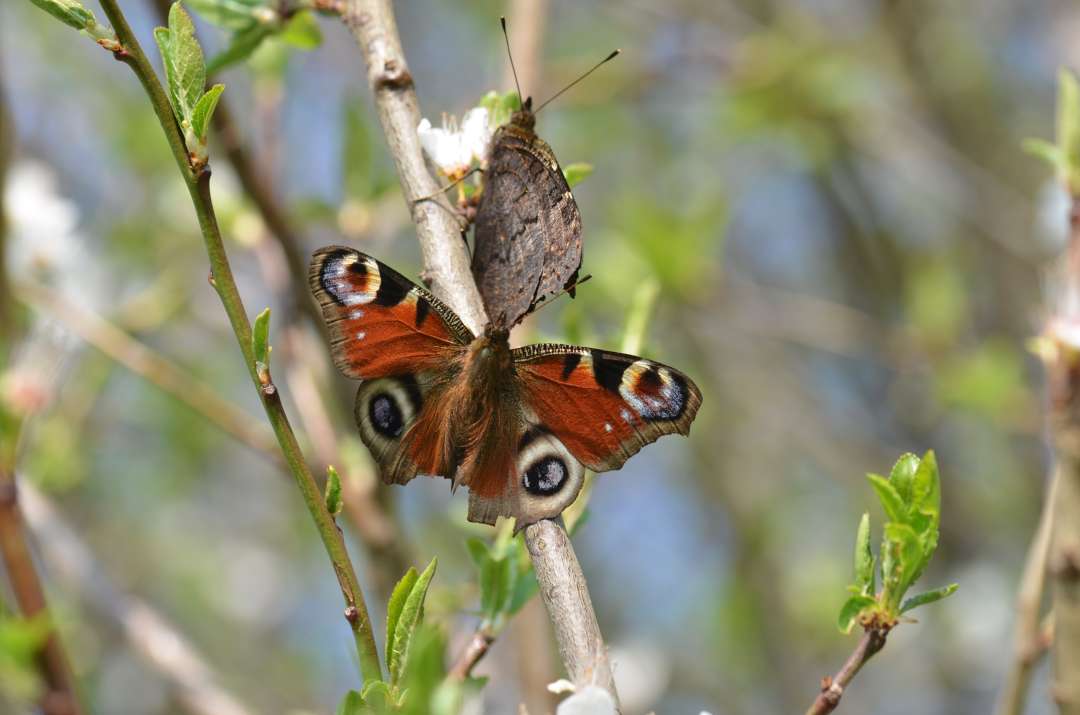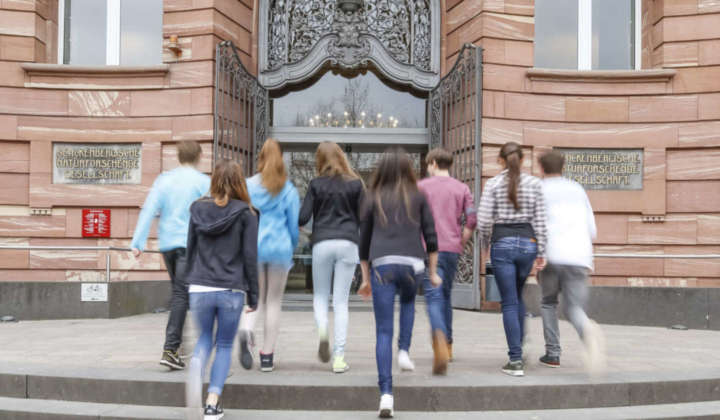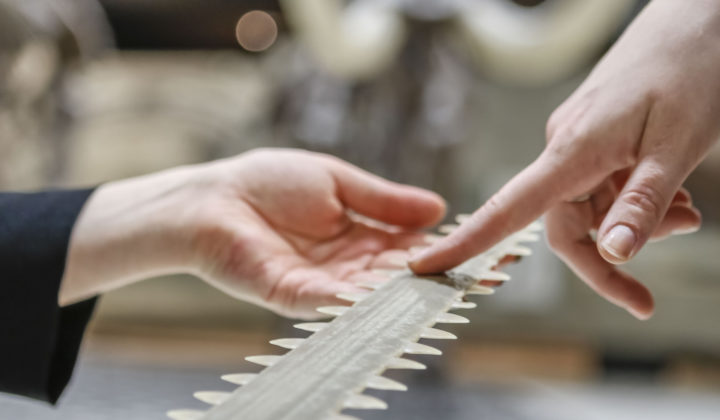SLInBio
„Urban lifestyles and the valorisation of biodiversity“
How can cities become more insect-friendly?
The massive decline of insects in protected areas in Germany makes it clear that new concepts and measures are needed to protect them. Recent studies have shown that cities, with their diverse structures, can provide suitable partial replacement habitats for species whose traditional habitats are being lost due to climate change and land use changes. Flower-visiting insects in particular benefit from a diverse range of floral resources and habitat elements. As a result of the increased awareness of the importance of insects and the ecosystem services they provide, from which the urban population also benefits, a more insect-friendly redesign of urban green spaces has begun. However, if cities are to become insect-friendly habitats in the long term, there must also be a rethink among the urban population. This is because the perception and, in particular, the appreciation of insects among the population has been ambivalent to date.
Using the city of Frankfurt am Main as an example, the project “SLInBio – Urban lifestyles and the valorisation of biodiversity: dragonflies, grasshoppers, bumblebees and co.” is investigating how the perception and appreciation of insects can be increased within the urban population and what contribution cities and their population can make to preserving insect diversity by the end of 2024.
We need your help in researching urban insect diversity. You can find all the information you need to participate in insect monitoring here:
https://gemeinsamforschen.senckenberg.de/en/mitmachen/citizen-science/slinbio/
Funding
The project “SLInBio – Urban lifestyles and the valorization of biodiversity: dragonflies, grasshoppers, bumblebees and Co.” is funded by the German Federal Ministry of Education and Research (BMBF) within the context of the funding measure “BiodiWert – Valuing and safeguarding biodiversity in politics, business and society” as part of the BMBF Research Initiative for Biodiversity Conservation (FEdA).
Further information on the project can be found at: https://www.insektenvielfalt-frankfurt.org/
Contact
Maximilian Bugert
maximilian.bugert@senckenberg.de
Senckenberg Forschungsinstitut und Naturmuseum
Senckenberganlage 25
60325 Frankfurt am Main



